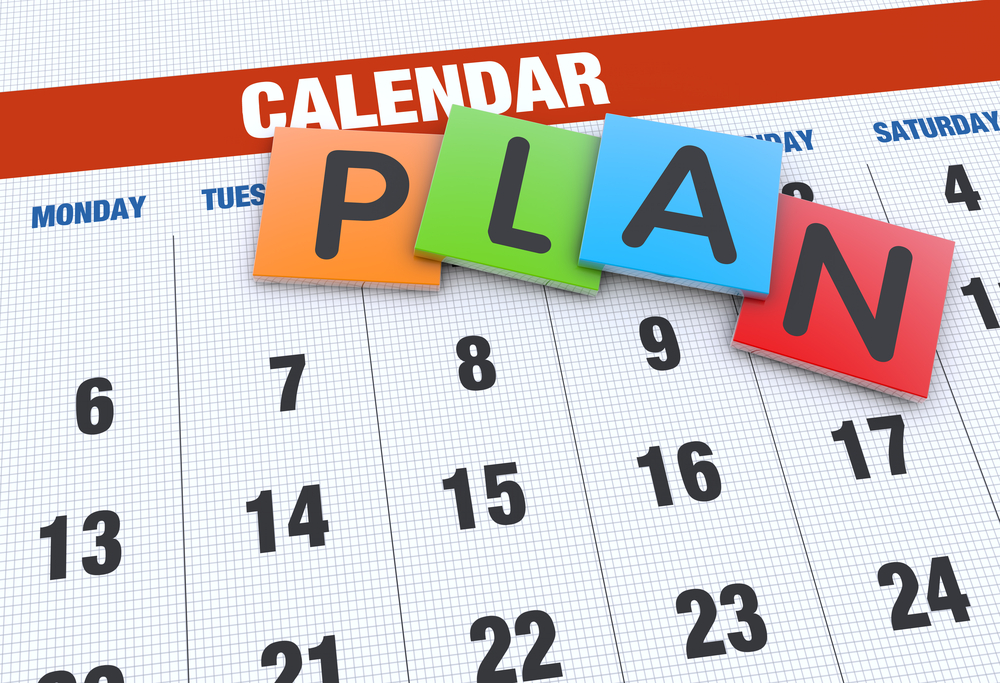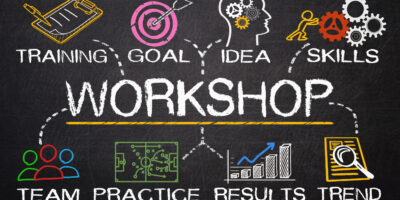
Planning a successful event requires organization and attention to detail. Using a strategic timeline can serve as the backbone for ensuring everything comes together smoothly. The timeline varies depending on the scale and complexity of the event but generally follows a structured path from initial planning to post-event activities.
Initial Planning (6–12 months before the event)
- Define the event’s purpose, goals, and target audience.
- Set a realistic budget and allocate resources.
- Choose a date for the event.
- Select and secure a venue.
- Form an event committee. Many hands make light work!
- Research and book key vendors (caterers, promotion, AV, etc.).
- Let attendees know they should “hold the date” in their calendar.
Mid-Stage Planning (4-6 months before the event)
- Finalize event details such as theme, agenda, and format.
- Design and distribute promotional materials.
- Develop marketing and promotion strategies.
- Book speakers and entertainment.
- Arrange transportation and accommodation as needed.
- Create a detailed event timeline and assign tasks to committee members.
Pre-Event (2-4 months before the event)
- Send out invitations or launch promotional campaigns.
- Confirm vendors and finalize contracts.
- Arrange for permits or licenses, if needed.
- Develop contingency plans for any potential issues.
- Begin coordinating logistics, such as seating arrangements, signage, and technical requirements.
- Plan and conduct any necessary rehearsals or run-throughs.
Final Preparations (1-2 months before the event)
- Confirm attendance numbers and finalize catering arrangements.
- Coordinate with speakers or performers for final details.
- Develop event materials such as programs, name tags, and signage.
- Finalize the event schedule and distribute it to all involved parties.
- Confirm any last-minute details with vendors and suppliers.
- Conduct a final walk-through of the venue to ensure everything is in order.
Event Week
- Conduct a final briefing with the event team.
- Set up the venue according to the event plan.
- Conduct sound and technical checks.
- Confirm all deliveries and arrivals.
- Brief all staff and volunteers on their roles and responsibilities.
- Prepare registration materials or attendee packets.
Event Day
- Arrive early to oversee the final setup and address any last-minute issues.
- Welcome guests and manage registrations.
- Ensure all vendors and staff are in place and performing their duties.
- Manage the event according to the established timeline.
- Address any unexpected problems as they arise.
- Collect feedback and address any immediate concerns.
Post-Event
- Send thank-yous to attendees, sponsors, and volunteers.
- Review event feedback and performance against goals.
- Complete financial reconciliation and wrap up contracts with vendors.
- Debrief with the event committee to discuss what went well and areas for improvement.
- Begin planning for future events, incorporating lessons learned from this one.
This comprehensive approach ensures the smooth execution of the event and its success in achieving its intended goals. Questions about working with Conversion-omics? Check out Speakers Bureau Frequently Asked Questions. Not sure where to start? Contact Conversion-omics Speakers & Consultants or email us at more@conversion-omics.com to help get you headed in the right direction!
Looking for additional planning resources? Check out the following blogs:



